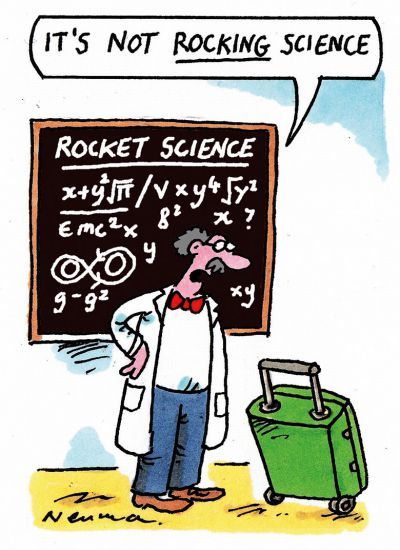
Giddy gold-themed parties taking place at many UK campuses will have pleased the Olympics-inspired creators of the teaching excellence framework (TEF). Probably the most garish celebration took place at the Arts University Bournemouth, which unveiled a giant gold cube to highlight its top ranking on 22 June – although the temporary “installation” crafted with gold wrapping paper was more of a monument to quick-thinking PR teams than a serious artistic achievement. Another institution that hastily constructed a gold-themed centrepiece for its TEF celebration was Keele University, whose “golden forest of light” in honour of its gold award was actually some balloons and a ribbon attached to a campus sculpture. It was left to The Sunday Times to pour cold water on the TEF, pointing out that the results looked distinctly “odd”, particularly the bronze for the London School of Economics. “Giving top universities eye-catching but absurdly low rankings, as the TEF has done, does little to help anyone,” said its leader on 25 June.
A Yale University dean has left her position after her ill-advised comments about “white trash” customers posted on a restaurant review site came to light, The New York Times reported on 21 June. June Chu, who was dean of Yale’s Pierson College, had been placed on a month’s leave after a series of comments that she made on Yelp were printed by a student newspaper, but she has now left her role permanently, the university confirmed on 20 June. In one screenshot captured by the Yale Daily News, Dr Chu wrote of one local Japanese restaurant: “If you are white trash, it would make a perfect night out for you!” Another described staff at a cinema as “barely educated morons trying to manage snack orders for the obese”. Apologising for her comments, Dr Chu told the Yale Daily News that her “remarks were wrong” and were “insensitive in matters related to class and race”. Nevertheless, a Yale spokesman later confirmed that the university was seeking a new Pierson dean, adding that Dr Chu was “responsible for multiple reprehensible posts, enough to represent a more widespread pattern”.
Long-sleeved gowns worn by high-flying undergraduates at the University of Oxford should be banned because they make others feel “inferior”, student activists have said. While most students at Oxford wear short-sleeved robes when sitting exams, those who have done well in first-year tests can don “scholars’ gowns” – a two-tier system described as a “hierarchical gown structure [which] is fundamentally in conflict with ideals of community and equality”. Writing in the student paper Cherwell on 20 June, three Oxford students explained that the long-sleeved gown made many students “uncomfortable and nervous” thanks to the “visual reminder of what they might perceive as their academic inferiority”. “Exams are stressful enough without being forcibly reminded that you didn’t do as well as other people the last time round,” said one student quoted in the Cherwell article. However, a students’ union poll on the issue showed that students were, on balance, in favour of the “discriminatory” robes – with 2,000 voting to keep them, against 1,200 supporting a ban, the Huffington Post reported on 26 June.
Scientists have solved one of most pressing mysteries of modern life – why wheeled suitcases rock from one wheel to the other until they overturn. Sylvain Courrech du Pont, a researcher at Paris Diderot University – Paris 7, created a scale model of a suitcase on a treadmill and referred to holonomic constraints, finite perturbations and the morphing of bifurcation diagrams in his quest for answers, The Guardian reported on 21 June. He found that the amount of rocking decreased when the suitcase was pulled at higher speeds, leading to the radical conclusion that the correct response to rocking is to speed up. “One should rather accelerate than decelerate to attenuate the amplitude of the oscillations,” says a paper in the Proceedings of the Royal Society journal. Accepting that this may take a while to catch on, the researchers add: “A non-experienced suitcase puller would not react this way.”
The procession of students trotting up for their handshake with the chancellor at graduation ceremonies can get a little tedious. But not at the University of Ottawa, where those present were surprised to see a student’s boyfriend get down on one knee on stage. Roxan Ghossein had collected her degree (a BA in psychology and French) when the Bruno Mars song Marry You started blaring out of the speakers and Dany Rafful ran out with a crowd of family members, all carrying balloons that spelled out “Will you marry me”, CBC News reported on 19 June. To the relief of all in attendance – not least Dany – she said “yes”.